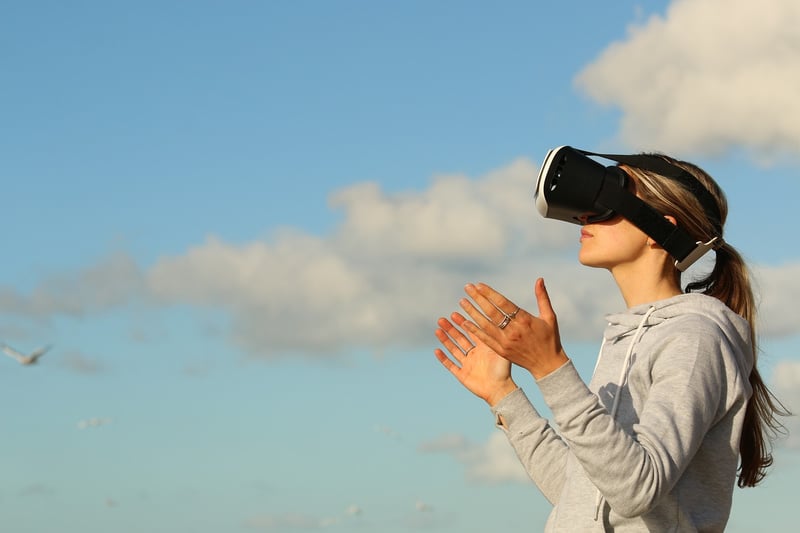Alternate Realities
The Consequences of Time Travel and Alternate Realities
Time travel has been a popular concept in science fiction for decades, captivating the imagination of many. The idea of traveling through time and altering events in the past or future raises fascinating questions about causality, free will, and the nature of reality. However, with such power comes great responsibility, and the consequences of time travel can be profound and far-reaching.
Paradoxes and Alterations
One of the most well-known consequences of time travel is the potential for paradoxes. The classic example is the grandfather paradox, where a time traveler goes back in time and prevents their grandfather from meeting their grandmother, thus preventing their own birth. This creates a paradox - if the time traveler was never born, how could they have traveled back in time in the first place?
Furthermore, even small changes in the past can have significant ripple effects on the future, leading to unforeseen alterations in the timeline. This concept is explored in various movies and books, highlighting the delicate balance of cause and effect in a time-travel scenario.
Alternate Realities and Multiverse Theory
Another consequence of time travel is the idea of alternate realities. In many interpretations of time travel, altering the past does not change the present but creates a divergent timeline or parallel universe. This concept is in line with the multiverse theory, which posits the existence of multiple parallel universes where every possible outcome of every event exists.
Exploring alternate realities raises philosophical questions about identity, choice, and the nature of existence. It challenges our understanding of reality and raises the possibility of infinite variations of the world we know.
Ethical Considerations
Aside from the theoretical implications, time travel also poses ethical dilemmas. Should we intervene in historical events to prevent tragedies, knowing that our actions could have unintended consequences? What responsibilities do we have to the past, present, and future generations when wielding the power to manipulate time?
These questions highlight the complex moral landscape of time travel and the need for careful consideration of the potential repercussions of altering the course of history.
Conclusion
Time travel and alternate realities offer intriguing possibilities for storytelling and philosophical exploration. While the consequences of time travel may be uncertain and potentially dangerous, they also provide a lens through which to examine our understanding of causality, reality, and ethics.
Whether used as a plot device in fiction or pondered as a thought experiment, the consequences of time travel and alternate realities continue to fascinate and challenge our perceptions of the universe.


